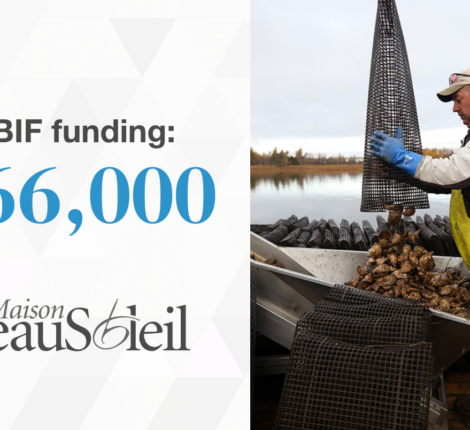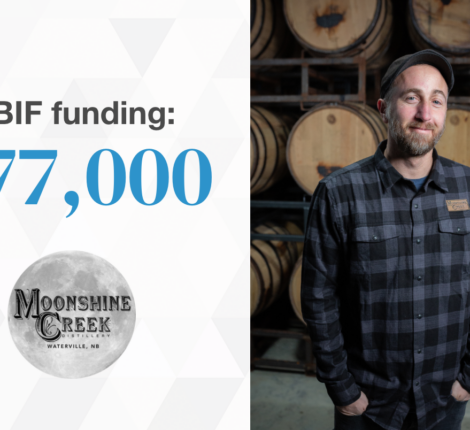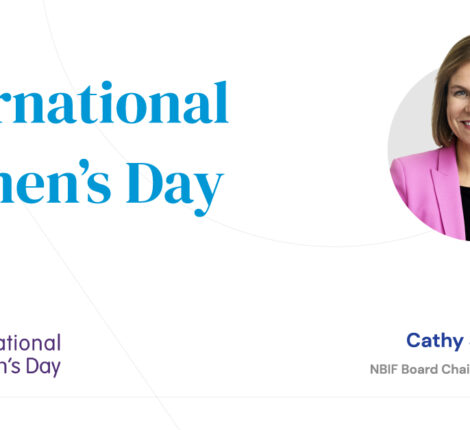- May 16, 2011
- Innovation Insights
- Comments : 0
Fish waste could one day help humans to live better lives
By Sabrina Doyle – Telegraph Journal | link to original article
From the slimy, dismembered body parts of sea animals, scientists may one day be able to help prevent diabetes, obesity and brain diseases linked to aging.
Dr. Jacques Gagnon is spearheading a multimillion-dollar research project that turns leftover fish parts from fish-processing plants into useful oils. These oils are packed with antioxidants and omega 3 fatty acids, said Gagnon, the director of fishery and marine products at the Coastal Zones Research Institute in Shippagan.
When insulin production by a pancreas starts to slow down, it can lead to the high glucose levels that define diabetes. And when a brain becomes senile it can decend into degeneration. Eating antioxidants and omega 3s can help slow the process. Gagnon said his project wouldn't cure someone's diabetes or reverse Alzheimer's, but the project could result in valuable, and likely profitable, nutritional pills geared toward prevention. At this point it's too early to know how much money could be made, he said.
And there is still lots of testing and licence applications to take care of before the product would be ready for human consumption.
“That's what I call the star … right now we are at the bottom of the pyramid,” Gagnon said.
He is joined in his research by Dr. Sébastien Plante and Nadia Tchoukanova. Together, they take the byproducts from nearby shrimp, herring, sea cucumber and snow crap production plants they have partnered with, and save them from being wasted.
Take shrimp, for example. The tail counts for a quarter of the total body mass and usually gets thrown away. But those crusty exoskeletons produce a nutritious oil that can be mixed with food used at fish farms, Gagnon said. The pinkish liquid could be sold as a natural alternative to the chemical solutions usually used.
However, pollution is sparking increased public distress over toxins in ocean wildlife.
Gagnon admits that when a biological product is concentrated, it intensifies any existing contamination. That is why he and his team are careful to filter and test thoroughly, he said. “That's something that we are really aware of.”
Gagnon is not the first to think of using fish waste to fight disease. Scientists in Norway and France have been working on it since the mid-1990s, but Gagnon said when he met with a few of them, they were impressed with New Brunswick's progress. It helps that the Coastal Zones Research Institute is very close to the plants that are the source of their base product, he said. So far, he has prepared a library of extracts from the leftover shells, heads, tails and other body part rejects, and is now trying to pinpoint the active ingredients. He said he can't say what he's found specifically until they finish testing and have patented the active component.
This year the New Brunswick Innovation Foundation gave the project $15,000 to hire university students as assistants. The researchers also receive $1 million each year from the Atlantic Canada Opportunities Agency for the duration of the project, and are two years into their five-year term.


